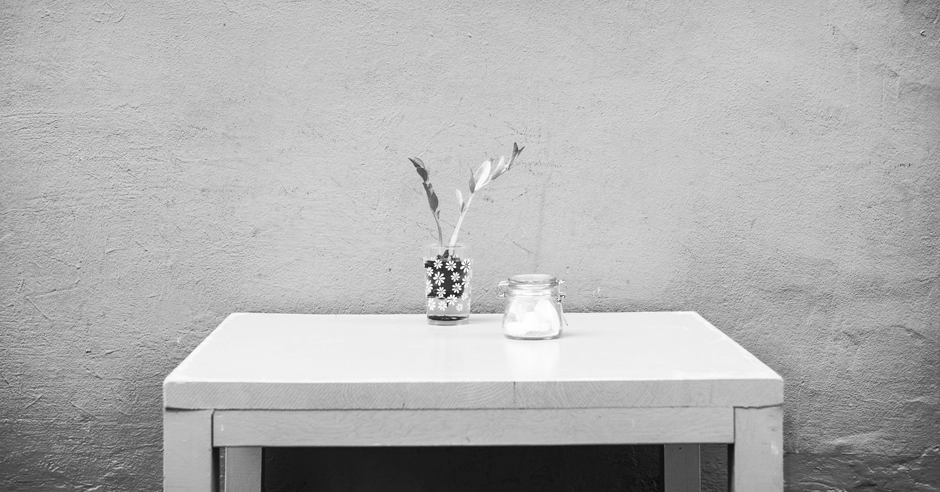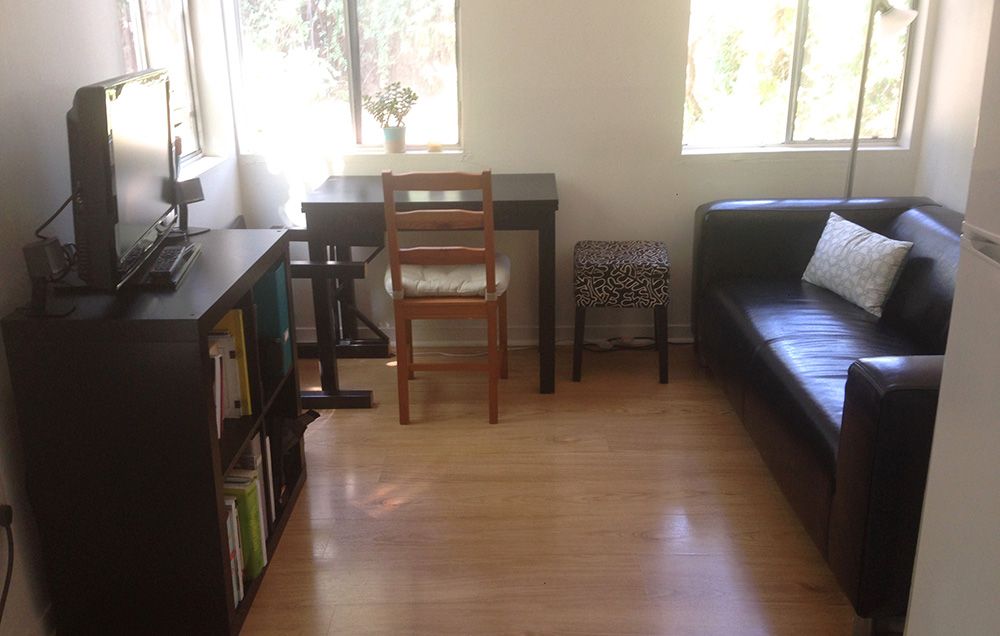Exploring the Long-Term Influence of Minimalism on Psychological and Emotional Well-being
Exploring the Long-Term Influence of Minimalism on Psychological and Emotional Well-being
Blog Article
Comprehending Minimalism: Approaches for Decreasing Clutter and Enhancing Clearness in Everyday Living
Minimalism is significantly recognized as a practical technique to boosting clearness and emphasis in today's cluttered world. By systematically evaluating our properties and prioritizing intentionality, we can produce spaces that not just show our values but also advertise mental health.
Specifying Minimalism and Its Benefits
Defining minimalism includes recognizing it as a way of life choice that stresses simplicity and intentionality in both daily routines and physical ownerships. At its core, minimalism urges individuals to prioritize what really matters, enabling an extra meaningful and concentrated existence. By removing away the non-essential, minimalism welcomes people to involve deeply with their experiences and environments.
The advantages of embracing a minimal technique are complex. Firstly, it fosters mental quality, as lowering mess in one's setting can cause lowered disturbances and stress. People typically report boosted focus and enhanced productivity when bordered by fewer ownerships. Minimalism promotes monetary freedom; by focusing on requirements over desires, individuals can make even more educated purchasing decisions, leading to possible savings and minimized financial debt. A minimalist way of living can generate emotional advantages, as it urges individuals to grow gratitude for what they have instead than yearning for much more.
Eventually, minimalism is not just regarding worldly decrease but involves an alternative shift in viewpoint, fostering a life identified by satisfaction, objective, and balance. Accepting this way of life can lead to extensive modifications in just how individuals view and communicate with the world around them.
Evaluating Your Existing Mess
Mess commonly shows up as a frustrating build-up of things that no longer serve a function, developing a barrier to accomplishing a minimalist way of life. Take note of details groups of items, such as clothes, books, or cookware, as this will aid you recognize the extent of the clutter.
:strip_icc()/HopeAustinKeough03-65387902a06c421eb0b55cd34f8e0485.jpg)
In addition, consider the frequency of use for each thing. Inevitably, recognizing your existing mess is a crucial action towards accepting minimalism and improving clearness in your everyday living.

Practical Decluttering Methods
Having actually examined your present mess, the following action is to apply functional decluttering techniques that help with an even more organized living area. Minimalism. One reliable approach is the "Four-Box" technique, where you mark four boxes identified: maintain, donate, garbage, and relocate. This approach encourages fast decision-making and makes sure products are categorized suitably
One more strategy is the "One in, One out" policy, which specifies that for each brand-new product obtained, an existing thing must be gotten rid of. This principle helps preserve equilibrium and avoids accumulation over time. In addition, take into consideration the "30-Day Minimalism Video Game," where you get rid of one thing on the very first day, two on the second, etc, cumulatively cultivating a feeling of achievement.
For those that have problem with psychological attachments to ownerships, the "Nostalgic Value" approach can be useful. Limit yourself to a certain variety of valued items, allowing you to value their value without overwhelming your area. Last but not least, establish a normal decluttering schedule, whether regular monthly or seasonally, to keep a clutter-free setting. By employing these strategies, you can develop a much more reliable and serene living space, inevitably enhancing clarity in your everyday life.
Developing Intentional Rooms
Developing willful areas involves a thoughtful strategy to exactly how we layout and arrange our atmospheres, making certain each location offers a specific purpose and shows our worths. This practice is necessary in cultivating a feeling of clarity and purpose in our day-to-days live. By critically assessing the function of each area, we can eliminate interruptions and boost our general health.
To develop willful areas, start by Web Site determining the primary tasks that will certainly take place in each area. As an YOURURL.com example, a home office must be created to promote performance, integrating elements such as sufficient illumination, comfy furnishings, and marginal diversions. In contrast, a relaxation location need to advertise harmony, featuring calming colors and comfortable seating.
Furthermore, think about the emotional effect of your environments (Minimalism). Including personal items that reverberate with your worths, such as art work or plants, can enhance the connection to your space. Frequently examine these settings to ensure they remain to serve their designated objective as your needs develop
Ultimately, creating deliberate rooms has to do with making mindful choices that align with your way of living, promoting harmony and efficiency in your living and workplace.
Preserving a Minimalist Way Of Thinking
Embracing a minimal frame of mind calls for ongoing representation and intentionality in our activities and thoughts. This approach includes cultivating awareness of our concerns and worths, permitting us to filter interruptions and concentrate on what really matters. To preserve this mindset, normal self-assessment is essential. Reserve time to assess your commitments, properties, and also digital web content, guaranteeing they align with your core concepts.
Another trick method is to exercise gratitude. Acknowledging what you already have fosters contentment and decreases the desire for unwanted. This shift in perspective urges gratitude for simplicity, enhancing overall health. Integrating mindfulness strategies, such as meditation or journaling, can better enhance a minimal state of mind by promoting quality and reducing mental clutter.
Additionally, establish boundaries to secure your time and power. Learn to claim no to non-essential obligations and diversions that do not add to your personal development. Surround on your own with like-minded people who sustain your minimal trip, as shared values can enhance motivation and liability.
Final Thought
In final thought, welcoming minimalism offers significant advantages, including decreased clutter and enhanced quality in daily life. The principles of minimalism offer as useful devices for cultivating an check these guys out atmosphere that supports personal growth and well-being.

Additionally, consider the "30-Day Minimalism Game," where you remove one thing on the very first day, 2 on the second, and so forth, cumulatively promoting a sense of success.
In verdict, welcoming minimalism offers considerable advantages, including minimized mess and enhanced clearness in day-to-day life.
Report this page